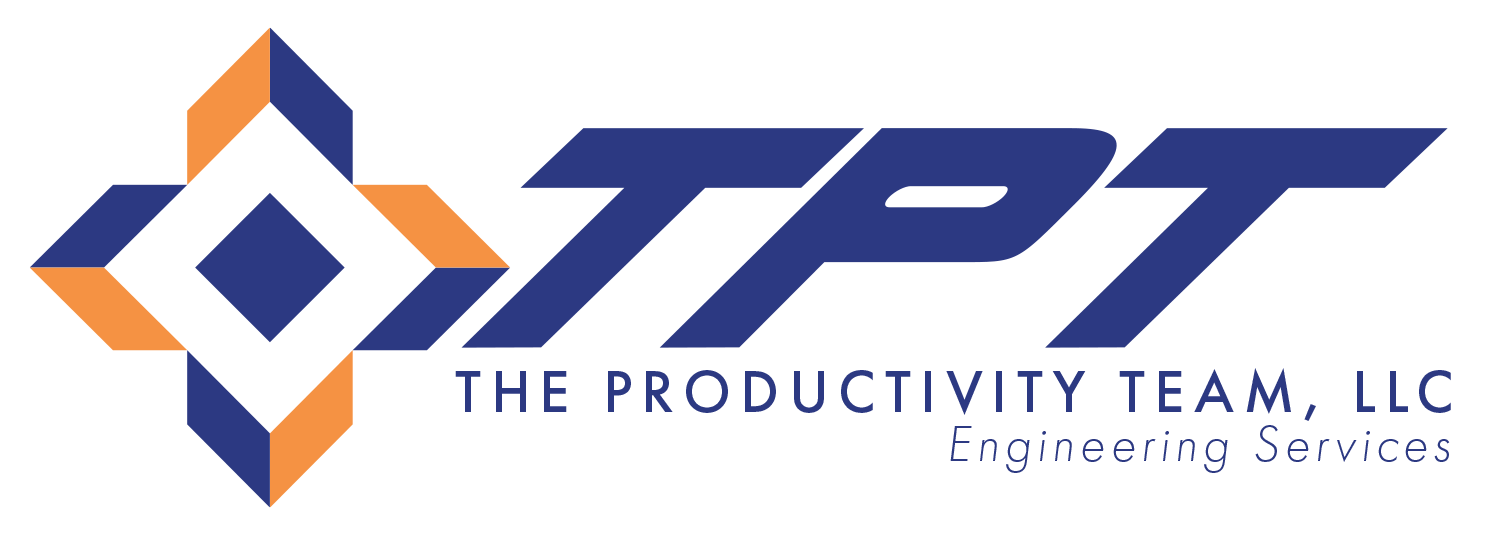Automotive engineering services are essential in optimizing vehicle performance, encompassing a range of activities from design and engineering to testing and validation, aimed at enhancing various aspects of a vehicle’s functionality.
Design and Development
In the design and development phase, engineers focus on aerodynamics to reduce drag and improve fuel efficiency. They employ lightweight materials like carbon fiber or aluminum to reduce vehicle weight, which enhances fuel efficiency and handling. Powertrain engineering is also crucial, involving the development of efficient and powerful engines and transmission systems that improve performance and fuel economy.
Advanced Technologies Integration
The integration of advanced technologies plays a pivotal role. This includes electrification through electric powertrains, hybrid systems, and battery technology, enhancing efficiency and reducing emissions. Software and electronics integration is vital for control, safety, and user experience, covering everything from engine management systems to infotainment.
Testing and Simulation
Performance testing is a rigorous process, conducted both in simulations and real-world conditions, to assess and refine vehicle performance, handling, and safety. Computer-aided Engineering (CAE) employs simulation tools to predict vehicle behavior under various conditions, allowing engineers to optimize designs efficiently.
Safety and Compliance
Safety and compliance are paramount. Engineers work on crashworthiness to protect occupants and meet safety standards. They also ensure vehicles comply with emissions and safety regulations, crucial for market approval.
Ride and Handling
In ride and handling, the focus is on optimizing suspension systems to balance ride comfort and handling performance and developing responsive and precise steering systems for improved driving dynamics.
Fuel Efficiency and Emissions
Optimizing fuel efficiency involves tuning engines for optimal fuel combustion and developing advanced exhaust systems to lower emissions.
Noise, Vibration, and Harshness (NVH)
NVH engineering reduces noise, vibration, and harshness to enhance the driving experience. This is achieved through material choices, design alterations, and dampening systems.
Durability and Reliability
Ensuring durability and reliability involves longevity testing to guarantee component endurance and rigorous quality controls for vehicle reliability and longevity.
Customization and Specialization
Finally, automotive engineering services cater to customization and specialization needs. This includes performance tuning for specific goals like high-speed racing or off-road capabilities and designing specialized vehicles for purposes like emergency services or military use.
In conclusion, automotive engineering services play a crucial role in the development of modern vehicles. They significantly contribute to vehicle performance, safety, and efficiency, combining innovative design, advanced technology, rigorous testing, and automotive science expertise. These services ensure vehicles meet and exceed consumer and regulatory expectations, continually pushing the boundaries of vehicle performance and efficiency in an evolving industry. Interested in seeing the scope of what The Productivity Team is capable of? Check out our list on our Automotive Engineering page!
Contact Us to Learn More About TPT
TPT is the leading provider of facility planning and engineering services. Contact us today to speak with one of our planning and engineering specialists.
